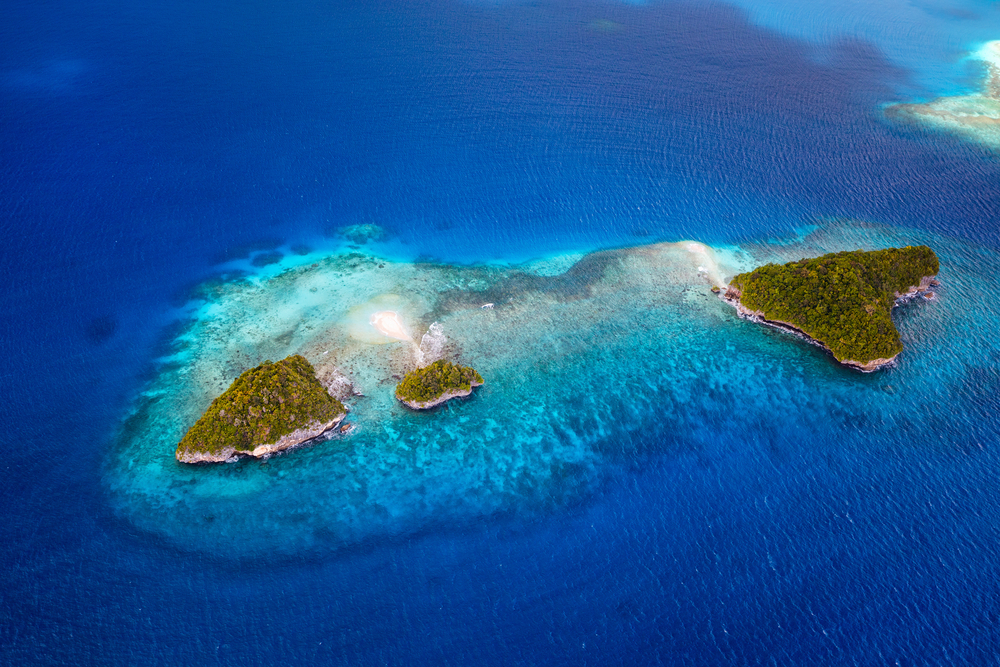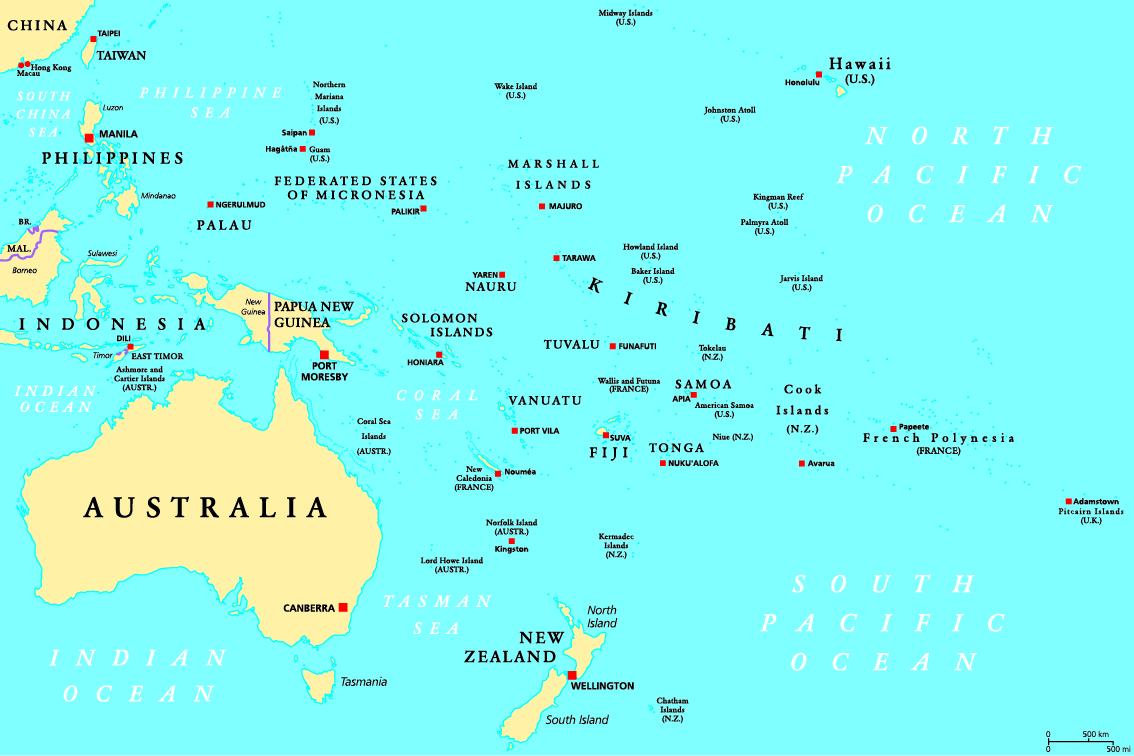
China is playing the long game in the Pacific. Here’s why its efforts are beginning to pay off
by Graeme Smith
A week-long trip to Beijing by the Pacific’s most flamboyant statesman Manasseh Sogavare, was always going to cause concern in Canberra. The substance of the visit was as expected. The relationship between China and the Solomon Islands was upgraded to a “comprehensive strategic partnership” (on par with Papua New Guinea, the first Pacific nation to sign up to the Belt and Road Initiative). Nine agreements were also signed covering everything from civil aviation and infrastructure to fisheries and tourism. The Chinese premier, Li Qiang, who inked the deals with Sogavare, made a point of not mentioning the controversial policing cooperation agreement, the draft of which was leaked more than a year ago to New Zealand academic Anna Powles. Despite repeated calls from Australia and New Zealand to release the text of the policing agreement, there is no indication the Chinese or the Solomon Islands leadership will do so. There were also moments of theatre in Sogavare’s trip. The prime minister declared “I’m back home” when he arrived in Beijing in a clip posted by China Global Television Network. He then said in a longer interview on the same network that his nation had been “on the wrong side of history” for the 36 years it recognised Taiwan instead of the People’s Republic of China, and lauded President Xi Jinping as a “great man”. Sogavare saved his biggest serve for his return to the Solomon Islands, though. He accused Australia and New Zealand of withdrawing crucial budget support and hinted he would look to China to fulfil his ambitions to establish an armed forces, should Australia be unwilling to help.China’s slow start in the PacificSome key questions have been overlooked this week in the pantomime about what Australia should or shouldn’t do to shore up its relationship with an important Pacific partner. (We could start by accepting that Sogavare will never love us, and avoid getting into an arms race in the Solomon Islands with China.) What’s been somewhat lost, though, is how China has made inroads so quickly in a region that it still officially classifies as “peripheral”. China has certainly had to work harder to gain a foothold in the region. Relative to other regions, it has a lack of historical state ties with the Pacific. In Africa and Southeast Asia, China can draw on memories of shared anti-colonial struggles and aid projects like the Tanzam railway. In the Pacific, the Chinese Communist Party is a latecomer. Also holding it back is the remoteness and small population of the region. This has not made the Pacific a good fit for China’s Belt and Road Initiative, which has flourished in countries with rapid transport and communication links, substantial Chinese diasporas and leaders who are easily reached. Most of China’s own Pacific experts were baffled when the region was belatedly included in the project. Yet despite these obstacles, it’s clear the Chinese state’s approach in the Pacific has shifted, most remarkably in its diplomacy and the role state-linked companies are expected to play. Diplomats with serious intent China’s wolf warrior diplomacy has received plenty of attention, but the picture in the Pacific is less straightforward. The recently appointed special envoy to the Pacific, Qian Bo, undoubtedly styles himself as a wolf warrior. Under his tenure as Fijian ambassador, a Taiwanese representative was assaulted by Chinese diplomats for the crime of displaying a Taiwanese flag cake. Yet, other appointments suggest China is appointing higher-calibre diplomats to the region. These include Li Ming, the current ambassador to the Solomon Islands, and Xue Bing, the former ambassador to Papua New Guinea who now holds the challenging post of special envoy to the Horn of Africa. With experience in the region and good language skills, these diplomats have been more able to engage with Pacific communities than their predecessors, who largely focused on sending good news back to Beijing. More serious representatives suggest more serious intent.Chinese companies exerting influence, tooChina’s state-linked companies remain the driving force behind China’s engagement with the Pacific. Unlike the embassies, they are well-resourced and have skin in the game. Many company men (in construction, where Chinese companies dominate, they’re mostly men) are based in the region for decades, developing a deep understanding of how to win projects and influence political elites. Failed projects generate plenty of headlines, but many companies – such as COVEC PNG and China Railway First Group – are effective operators. They are building infrastructure cheaply in the Pacific and winning the favour of multilateral donors, particularly the Asian Development Bank. For larger state-linked companies, like China Harbor Engineering Company and the China Civil Engineering Construction Corporation (CCECC), the geopolitical game has shifted. In the past, they could rely on their standing within the Chinese political system (their parent companies often outrank the Ministry of Foreign Affairs) to resist pressure to act on behalf of state. Now, they are expected to carry geopolitical water for Beijing. Often this can benefit the companies. For instance, when CCECC lobbied the Solomon Islands leadership to switch their allegiance from Taiwan to the People’s Republic of China, it helped the company when it came to bidding for projects for the Pacific Games in Honiara. The leaders of these companies realise it can harm their image when they are seen as Beijing’s pawns. Yet, the companies, diplomats and Pacific leaders who choose Beijing’s embrace know times have changed. China is now a serious player in the region with a development philosophy to sell. It’s no longer enough to read Beijing’s talking points. You have to look like you mean it.









